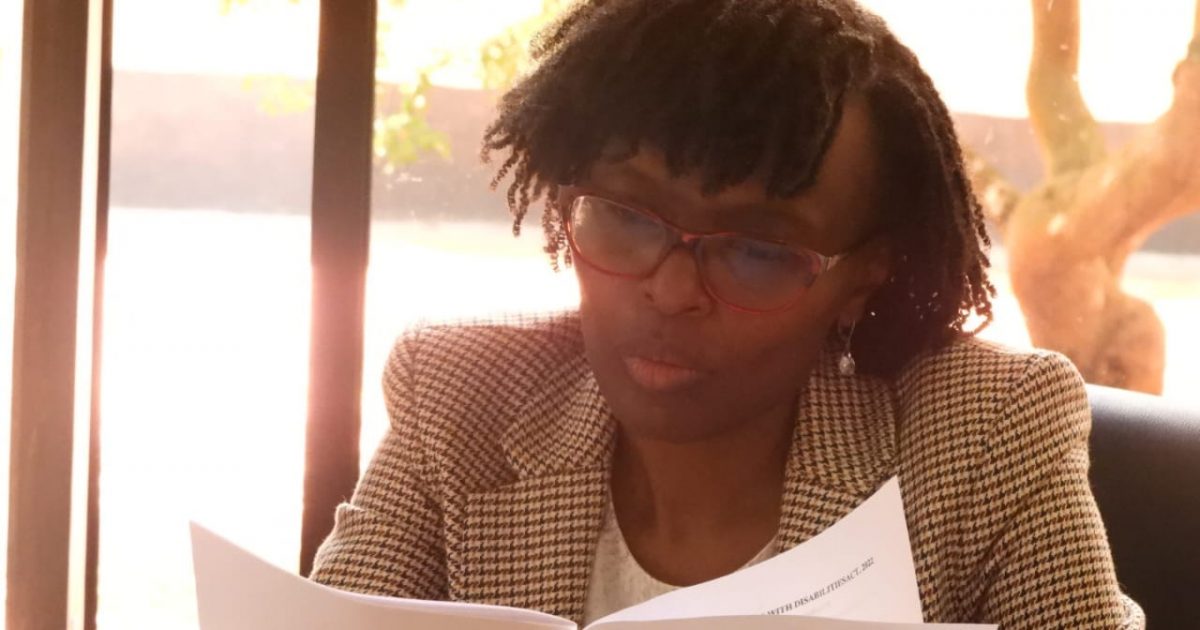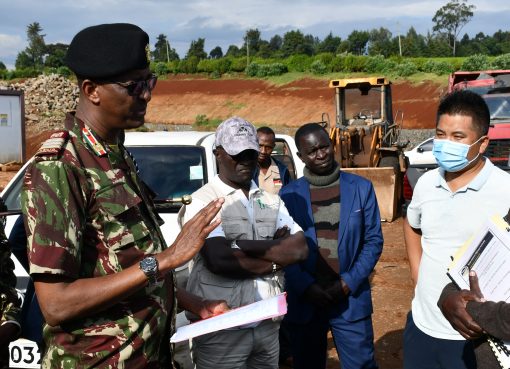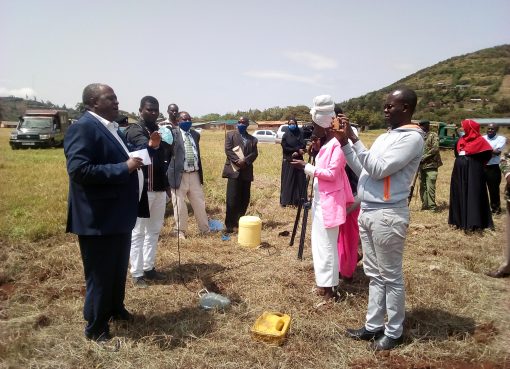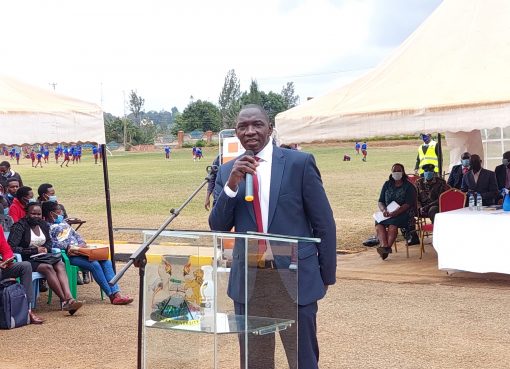The County Government of Nyeri is conducting a three-day training for 50 community champions to address rising cases of Gender-Based Violence in society.
The County Executive for Gender, Youth, Sports, and Social Services Esther Ndung’u says the trainees will work alongside other stakeholders in eight localities within the county mapped as hotspots in teenage pregnancies.
Ndung’u says the workshop has incorporated together officials from the Judiciary, National Police Service, Probation office, National Government Administration Officers, Centre for Rights Education and Awareness (CREAW), and Forum for African Women Educationalists (FAWE).
Dubbed Imarisha Msichana, the training delves into the complexities of GBV, understanding its root causes, manifestations, and the impact it has on an individual survivor.
The workshop hopes to equip the trainees with the knowledge and skills needed to effectively challenge the norms that perpetuate violence and create an environment where everyone feels safe and respected.
Among areas of focus during the three-day workshop include ways to curb teenage pregnancies and child marriages, advocate for GBV laws and policies, and establishment of rights clubs and menstrual centers in schools.
The workshop which kicked off on Monday at the Karatina Ibis Hotel is expected to close on Wednesday (today).
“On Monday they (facilitators) trained Police officers who are attached to the Gender desk in Nyeri just to capacity build them on better management of Gender Based Violence issues. We also have community champions on gender issues. They are also capacity-building community champions because we want them to help in matters of GBV. We cannot do this alone and that is why we are engaging these champions to have these conversations with the community,” she told KNA.

Ndung’u noted that one of the main reasons why the war against GBV is far from being won is due to a lack of information among members of the community.
She says the majority of GBV victims rarely know where to start in seeking assistance and therefore end up not getting any form of justice.
Still, the existence of informal sittings popularly known as kamukunji courts that settle matters against the laid down criminal justice system aid culprits to walk out scot-free denying the victims much-needed justice.
“Most victims (of GBV) do not know where to start. There is a referral path. You are supposed to go to the GBV center. We have a GBV center at our Referral hospital and after that, you report to the Police. That’s why we have all the stakeholders that form the referral pathway,” she told KNA.”
“Some of them (victims) go to the police when they do not have the evidence. For instance, when a girl takes a shower after she has been defiled, crucial evidence is usually lost. A victim is supposed to preserve every single piece of evidence including the garments she was wearing when the incident took place for proper investigations to take place,” she pointed out.
Women’s rights groups have been calling on the government to address increasing femicide cases in the country in which 504 women are believed to have lost their lives in the hands of their male counterparts since 2019.
This month alone, at least 10 women are reported to have lost their lives in the hands of men according to the Coalition Against Sexual Violence, a local women’s rights advocacy group.
By Samuel Maina





